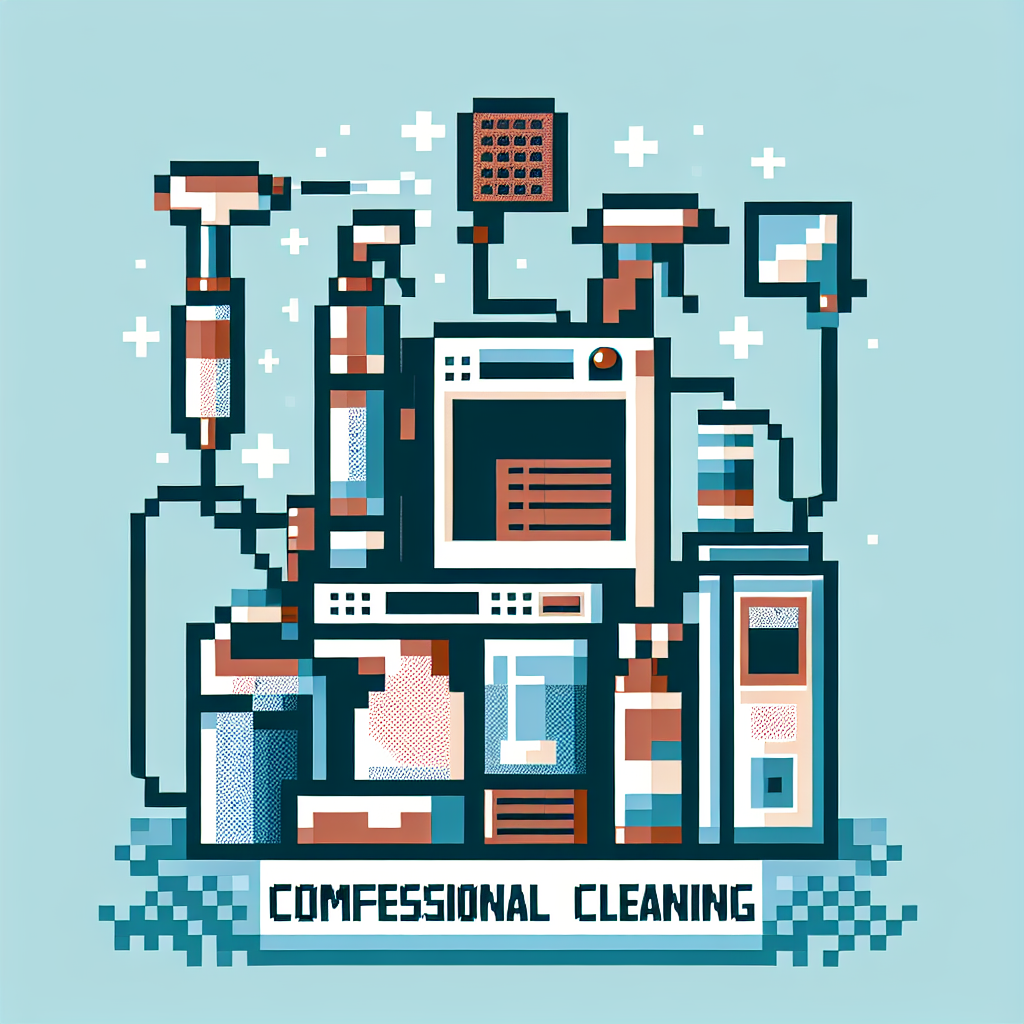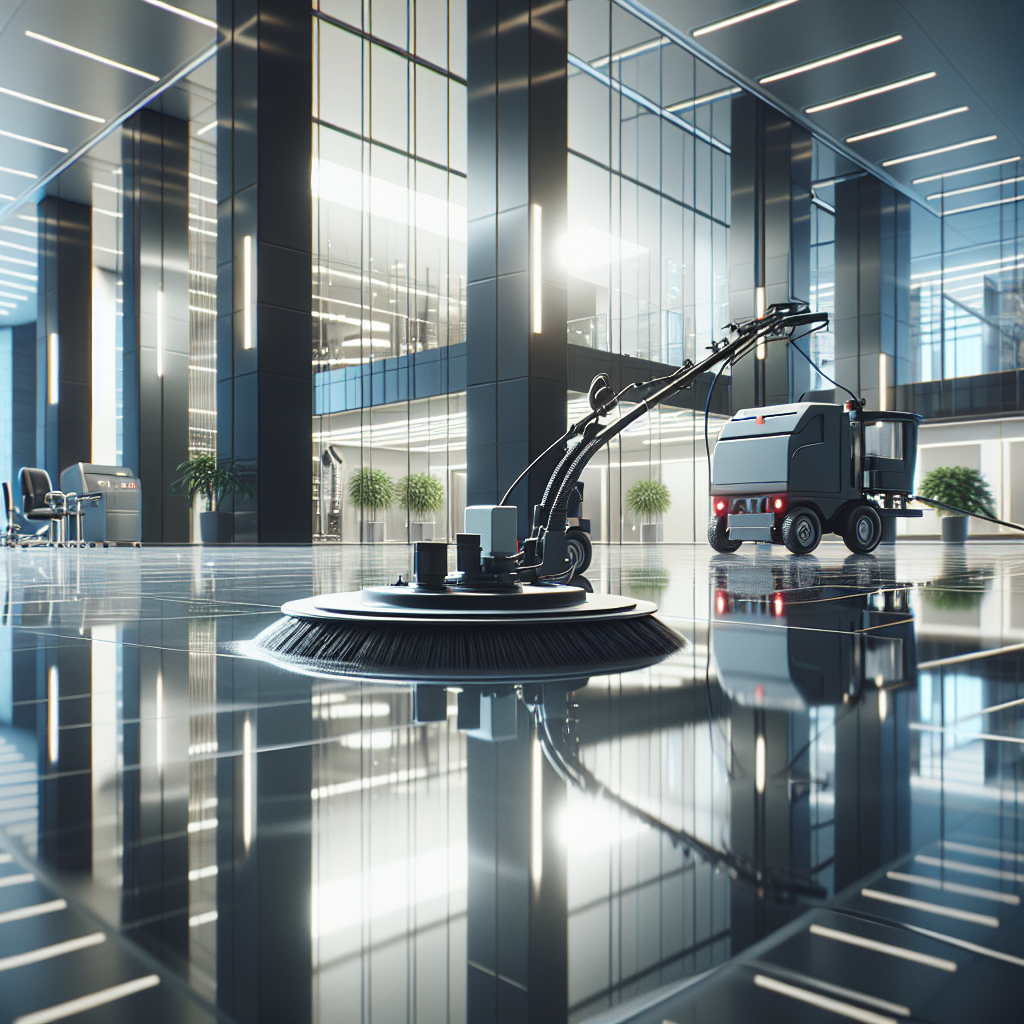In the hospitality industry, understanding the truth about cleaning chemicals is essential for efficient and safe cleaning practices. Discover the realities behind common myths in this enlightening guide. Myth 1 debunks the misconception that more chemicals equal better cleaning, emphasizing the importance of following proper dilution ratios for effectiveness and safety. Myth 2 challenges the belief that all cleaning chemicals are harmful, showcasing eco-friendly options that are safe for users and the environment. Lastly, Myth 3 warns against the perilous practice of mixing cleaning chemicals for increased effectiveness, highlighting the dangers of such actions. Enhance your knowledge and elevate your cleaning standards with accurate information and expert tips to optimize your cleaning routines and ensure a healthier environment for all.
As cleaning professionals in the hospitality industry, it is crucial to be well-informed about the cleaning chemicals we use daily. There are numerous myths surrounding cleaning chemicals that can impact our work efficiency and safety. In this comprehensive guide, we will debunk common myths about cleaning chemicals, providing you with accurate information to enhance your cleaning practices.
Myth 1: More Chemicals Mean Better Cleaning
Many believe that using a higher concentration of cleaning chemicals leads to better cleaning results. However, this is a misconception. In reality, using excessive amounts of cleaning chemicals can be wasteful, harmful to surfaces, and pose health risks to cleaning staff and guests.
Tip: Always follow the manufacturer's instructions regarding the proper dilution ratios for cleaning chemicals. Using the correct concentration is more effective and safer.
Myth 2: All Cleaning Chemicals Are Harmful
While some cleaning chemicals can be harsh and pose risks if not used correctly, not all cleaning chemicals are harmful. Many modern cleaning products are formulated to be environmentally friendly, biodegradable, and safe for both users and the environment.
Tip: Look for cleaning products with eco-friendly certifications such as Green Seal or EcoLogo. These products are designed to be safe and effective for cleaning tasks.
Myth 3: Mixing Cleaning Chemicals Increases Effectiveness
Some may believe that mixing different cleaning chemicals can create a more potent cleaning solution. However, mixing cleaning chemicals can be extremely dangerous and lead to hazardous chemical reactions, releasing toxic fumes and posing serious health risks.
Tip: Never mix cleaning chemicals unless specified by the manufacturer. Use each cleaning product as directed to avoid harmful reactions.
Myth 4: Natural Cleaning Products Are Ineffective
There is a common misconception that natural cleaning products are not as effective as traditional chemical cleaners. However, many natural cleaning ingredients such as vinegar, baking soda, and lemon juice are powerful cleaners that can effectively tackle dirt, grime, and stains.
Tip: Incorporate natural cleaning products into your cleaning routine for tasks like removing odors, sanitizing surfaces, and cleaning glass.
Myth 5: All Disinfectants Kill 100% of Germs
While disinfectants are essential for killing harmful bacteria and viruses, not all disinfectants can eliminate 100% of germs. Each disinfectant is formulated to target specific types of pathogens, and it is crucial to choose the right disinfectant for the intended use to ensure optimal germ-killing effectiveness.
Tip: Read the label of disinfectants carefully to understand their spectrum of kill and contact time requirements. Use disinfectants as per the instructions to achieve maximum efficacy.
Myth 6: Bleach Is the Ultimate Cleaning Solution
Bleach is a powerful disinfectant and stain remover; however, it is not suitable for all cleaning tasks. Bleach can be harsh on certain surfaces, emit strong fumes, and may not be effective against all types of pathogens. It is essential to use bleach carefully and consider alternative cleaning products for specific cleaning needs.
Tip: Use bleach in well-ventilated areas, wear appropriate personal protective equipment, and consider alternative disinfectants for surfaces where bleach may cause damage.
"Understanding the properties and limitations of cleaning chemicals is crucial for effective and safe cleaning practices."
Key Takeaway: Cleaning chemicals play a vital role in maintaining cleanliness and hygiene in hospitality settings. By debunking common myths and understanding the facts about cleaning chemicals, cleaning staff can enhance their cleaning practices and ensure a safe environment for guests and employees.
In conclusion, staying informed and educated about cleaning chemicals is essential for all cleaning professionals in the hospitality industry. By dispelling myths and relying on accurate information, cleaning staff can perform their duties effectively, efficiently, and safely. Remember, the right knowledge is the key to successful cleaning operations.



